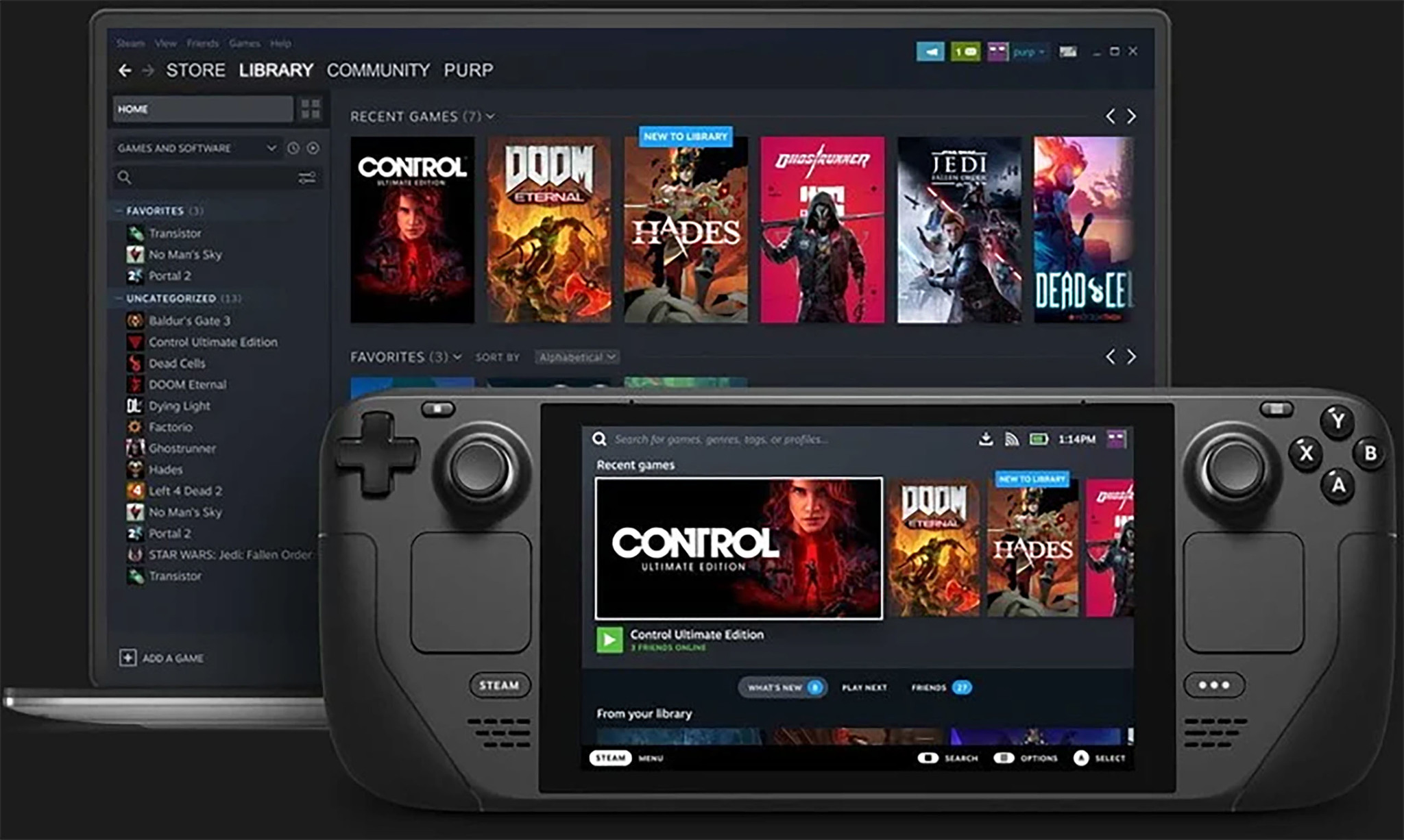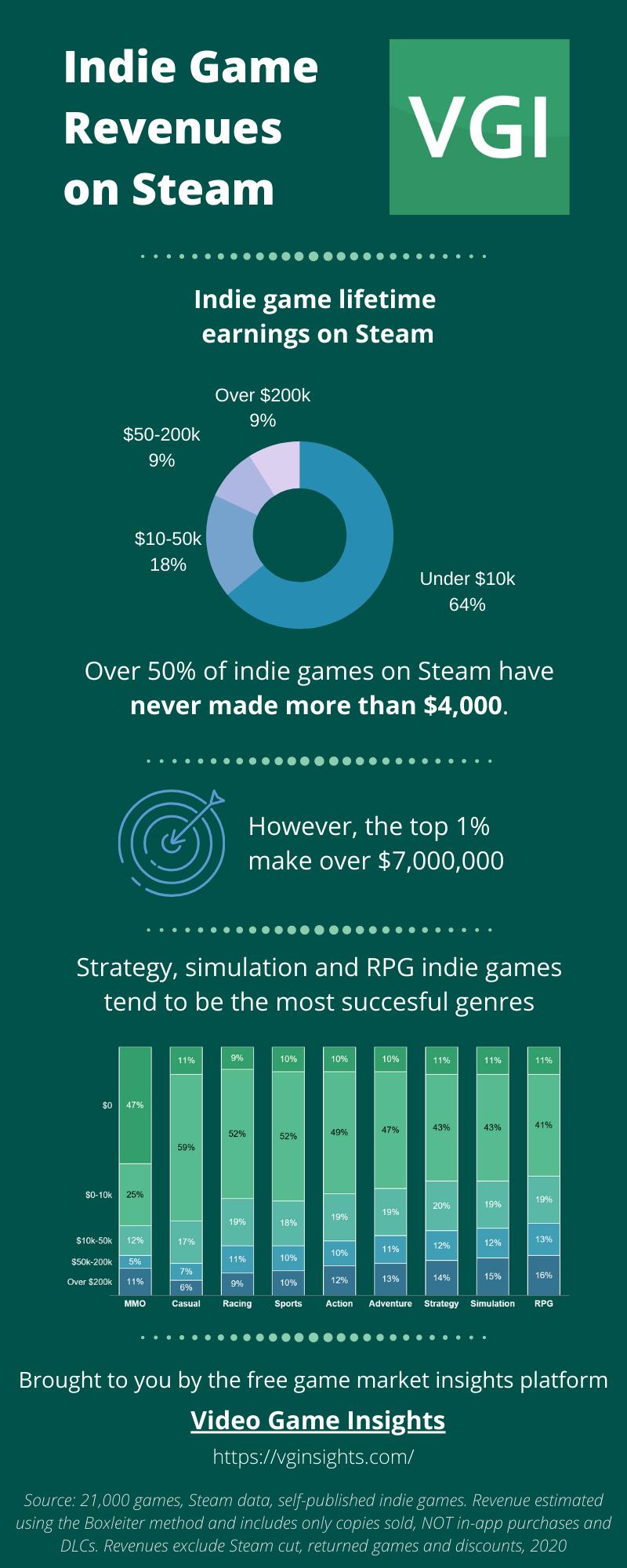What does the Steam Deck mean for the Nintendo indie scene?
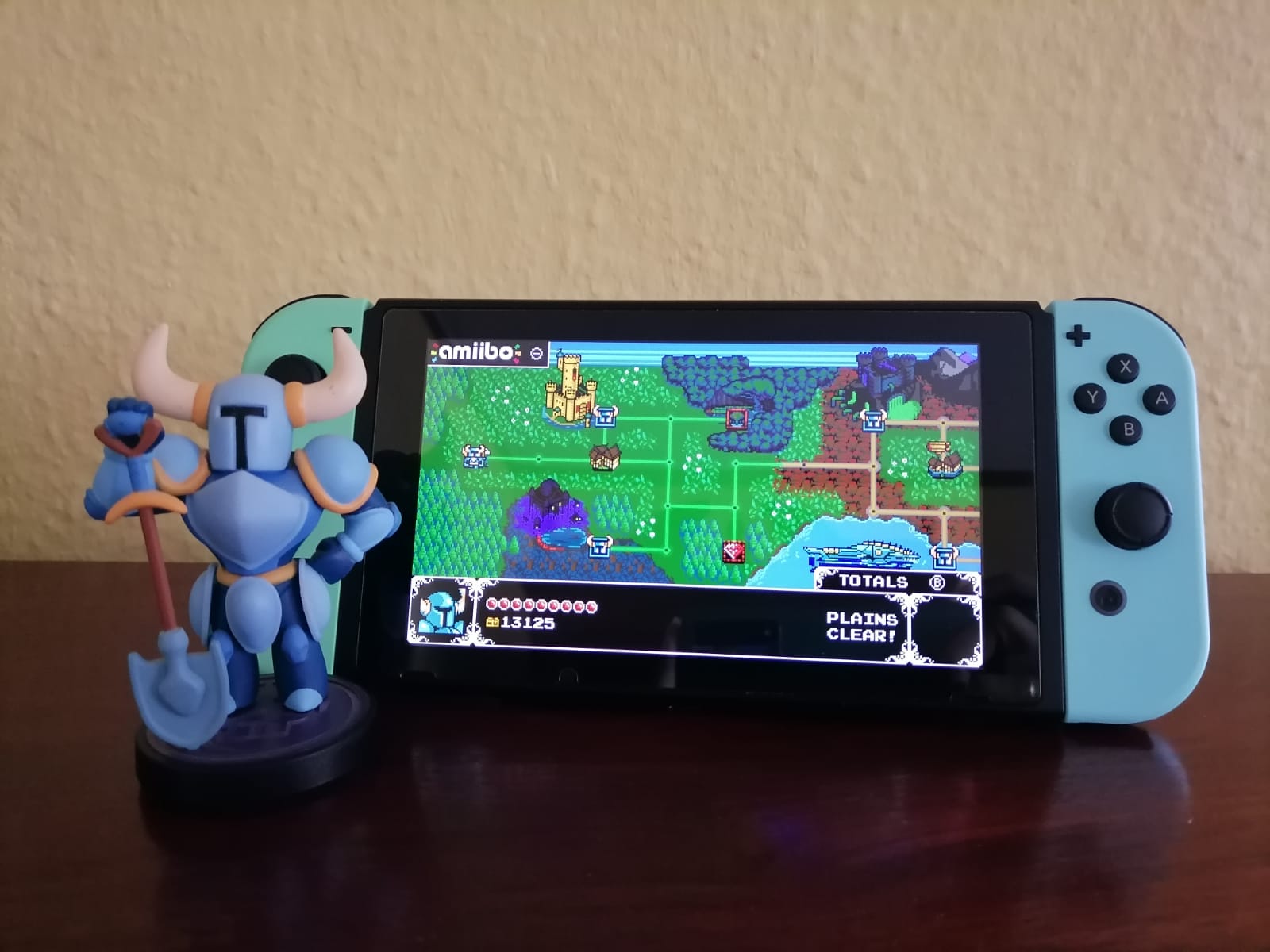
iMore offers spot-on advice and guidance from our team of experts, with decades of Apple device experience to lean on. Learn more with iMore!
You are now subscribed
Your newsletter sign-up was successful
We all know it — Nintendo loves indie games and developers. So much so, in fact, that a new word has been coined for indie games that have a home on the Nintendo Switch: Nindies! Nintendo has grown to love these smaller developers and their games, having even dedicated entire showcases to them with Indie World Showcases. Many have admitted to preferring the little handheld from Nintendo for all their indie gaming sessions; some games just feel better when you can take them on the go.
However, a new threat is looming on the horizon — namely the Steam Deck from Valve. Starting at $399, it's not that much more expensive when compared to the Switch OLED model, and has the advantage of being able to play your entire Steam collection, even big-budget games from AAA developers.
The thing is, before Nintendo became a popular place to play indies, Steam was the way to go for anyone who wanted a break from big, high-fidelity graphics games. With Steam libraries being available for handheld play in the near future, what does this mean for the Nintendo Switch indie scene? The way I see it, Nintendo shouldn't worry too much. But anyone who knows Nintendo knows that they probably aren't worried about the competition anyway.
Nintendo's relationship with indies
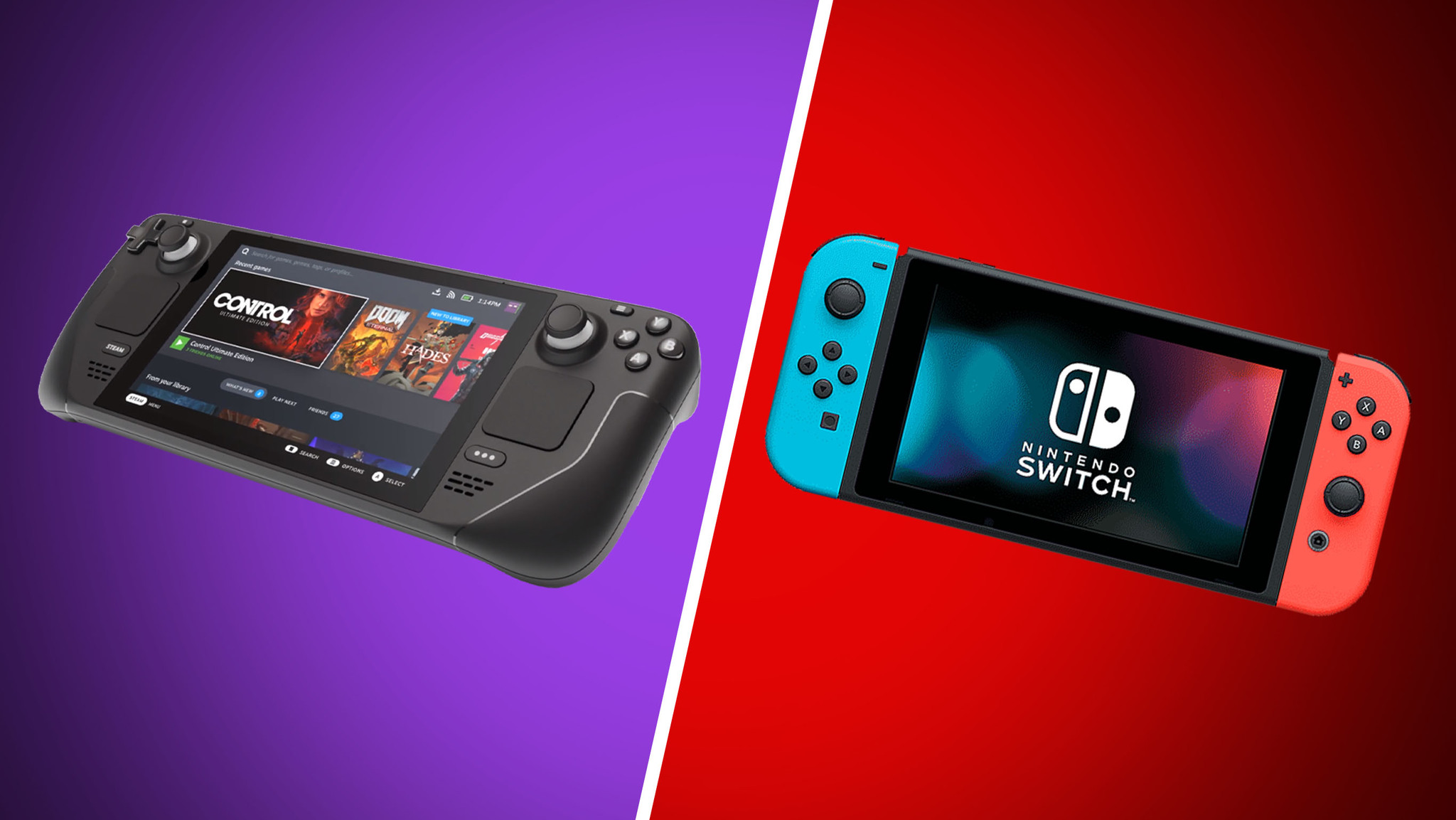
The Nintendo Wii U was infamous for its lackluster third-party support, reportedly due to both poor marketing as well as the console being quite difficult to develop for. Things were a bit better on the Nintendo 3DS with games like Shantae and the Pirate's Curse and Shovel Knight being popular on the platform.
Upon the release of the Nintendo Switch, Nintendo decided to go all in with third party support, fully embracing indies and hosting various presentations to showcase new and upcoming games. Some would argue that indies are what carried Nintendo through the bulk of 2020, as first party releases were slow outside of Animal Crossing: New Horizons.
The Nintendo Switch became the perfect place to play these charming little titles. Not only are the developer tools for the Nintendo Switch free of charge and open to all developers, but the option to switch between handheld mode and docked mode gave consumers more options depending on their preferred playstyles. Of course, development isn't completely free, with development kits still costing a few hundred dollars, but things are certainly more accessible than they were before.
But what about the 'Switch tax'?
After the Switch was released and the games started pouring in, players noticed something disturbing: the third-party selection was much more expensive than anything on Steam. Some were upset, citing that Nintendo was ripping people off. After gaining some traction, Switcher performed an analysis on the "Switch tax" and found that consumers pay up to 10% more for games on the Nintendo Switch compared to Steam.
iMore offers spot-on advice and guidance from our team of experts, with decades of Apple device experience to lean on. Learn more with iMore!
Consumers pay up to 10% more for games on the Nintendo Switch compared to Steam.
It seems that what determined whether the game was "overpriced" on Switch was the length of time between the PC/console release and the Switch release. Games that were released at $60 on Steam were $20 on the platform by the time the Switch port came out. But people don't remember the initial Steam price, only the current one.
Nintendo seems to have its reasons for the high prices. The games available on the eShop should, outside of sales, not be offered for less than whatever the MSRP of the physical release is, if one exists. This prevents undercutting and allows retailers to determine their prices without having to compete with lower sales on the eShop. The absence of region locking brought with it the danger of players abusing currency conversions to purchase cheaper games. Therefore, a standard had to be set to prevent consumers from using loopholes to their advantage.
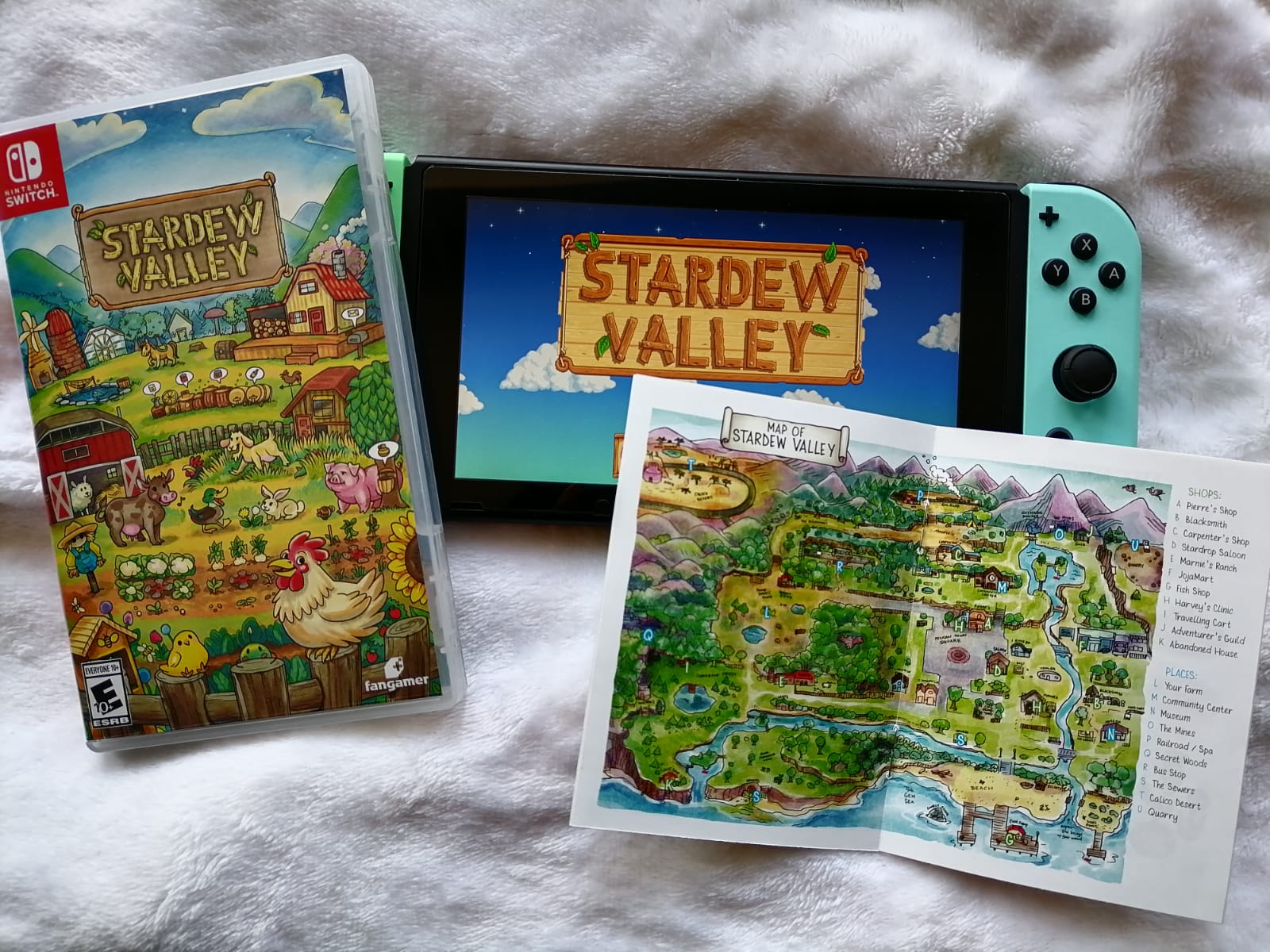
The "Switch tax" was not only present on the digital market, however, with physical releases of indie games sometimes being more expensive than their counterparts on other consoles, sometimes by up to $10 more. Former Nintendo of America President Reggie Fils-Aime, has suggested that physical release prices are dictated solely by the developer, which led some to believe that the production had to be more expensive on the Nintendo platform. Some media outlets reported having sources tell them that the game cartridges were more expensive to produce, becoming more expensive with higher storage capacity. Nintendo Switch cartridges range from 2-32GB of storage, though many companies opt for a cheaper cartridge and require that whatever could not fit on the cartridge be downloaded from the eShop. All of this proved to be inconvenient for consumers, as they end up paying extra for the privilege of playing on the go.
How does the Steam Deck change things?
Anybody with a Steam account is well aware of the frequent sales the platform is known for. Some go so far so as to avoid purchasing games on Steam upon release because chances are that it'll go on sale within a few months. Indie developers often put their games up for a reduced price to gain attention and try to draw new customers in. With the sales come impulse purchases and many a meme about PC gamers having more games bought during sales in their Steam library than they know what to do with.
Of course, this means that those who decide to splurge on the Steam Deck will have a multitude of games available to play from the get-go, with no new purchases necessary. It's safe to assume that many of those games will be the very indie titles that gamers know and love. And with many preferring to play indie titles on the go, Steam Deck users who also own a Nintendo Switch may feel less inclined to purchase those indies anywhere but the Steam Deck.
Is the Switch indie scene in trouble?
All of this begs the question: Will the Nindie scene die out? I don't think so.
On paper, it seems like it makes sense. People buy tons of games on Steam, and they enjoy playing indie games on handheld consoles — which is why indies do so well on the Switch. Now anyone with a Steam Deck and a Nintendo Switch won't have any incentive to purchase indie games for the latter because of the "Switch tax."
But who's to say that the Steam Deck and Nintendo Switch buyer demographics overlap so much to jeopardize Nintendo's sales? First off, the point of entry for both consoles differs drastically. The Switch library of games is available for access from the $200 Nintendo Switch Lite to the just-announced Nintendo Switch OLED model, which can be pre-ordered for $350. Meanwhile, the Steam Deck starts at $399, with the most attractive model being offered for $649. That's a pretty penny, for sure, and there's nothing to suggest that a significant number of Switch owners are scrambling to pre-order another handheld console.
Secondly, people don't necessarily purchase the Nintendo Switch for the indies alone. Many are drawn to the Switch for its amazing games, like the critically acclaimed The Legend of Zelda: Breath of the Wild, with its sequel getting fans quite excited, or Animal Crossing: New Horizons, which pushed an insane number of consoles during the first wave of the pandemic. People go to the Nintendo Switch for first party titles, with indies being a nice bonus.
This leads me to believe that people who purchase indies on the Nintendo Switch will continue to purchase games on that platform. Nintendo loves indie developers and continues to bring attention to quality games, while some indie developers with games on Steam have complained of changes to the platform's algorithm to reduce visibility of up-and-coming games. Many developers claim that their games sell more copies on the Switch than on Steam, and while developing for Steam means reduced costs in development hardware, some investigations have shown that over 50% of indie games earn less than $4,000 in total revenue.
What can Nintendo do to step up?
Is it possible that Nintendo could improve its situation by changing the way it operates? That's hard to say. Nintendo hasn't really gone up against the competition since the Nintendo GameCube, and it's this confidence that's kept it going. The company is more concerned with making its games fun and implementing innovative controls, which some might argue is more important than telling increasingly serious stories and packing more polygons and ray tracing into games than our eyes can comprehend.
Will the Nindie scene die out? The truth is — I don't think so.
If I could choose anything, I'd probably choose a price cut. A price range of $200-$300 was fine before the next generation of consoles, but the $350 price on the OLED model looks a little unattractive when compared to the $300 Xbox Series S and the $400 Steam Deck. Those who are interested in Nintendo's first-party games will purchase the console regardless, but those looking for a second console might just cast their eyes elsewhere.
Of course, Nintendo would have to continue rolling out quality games to give players a reason to stick around, but that's true for any console maker. With games like the Breath of the Wild sequel and Splatoon 3 coming out, I'm not too worried about Nintendo's fate in that regard.
Finally, Nintendo needs to continue supporting indie developers the way it has. Continue to host Indie World Showcases, make developing for the console easy and hassle-free, and ensure that every game on the system is fun to play. Many developers dream of releasing their games on a Nintendo platform before they even think about putting it out on PC, simply because being able to develop for Nintendo is an honor.
What are your thoughts on the Steam Deck? Let us know in the comments!
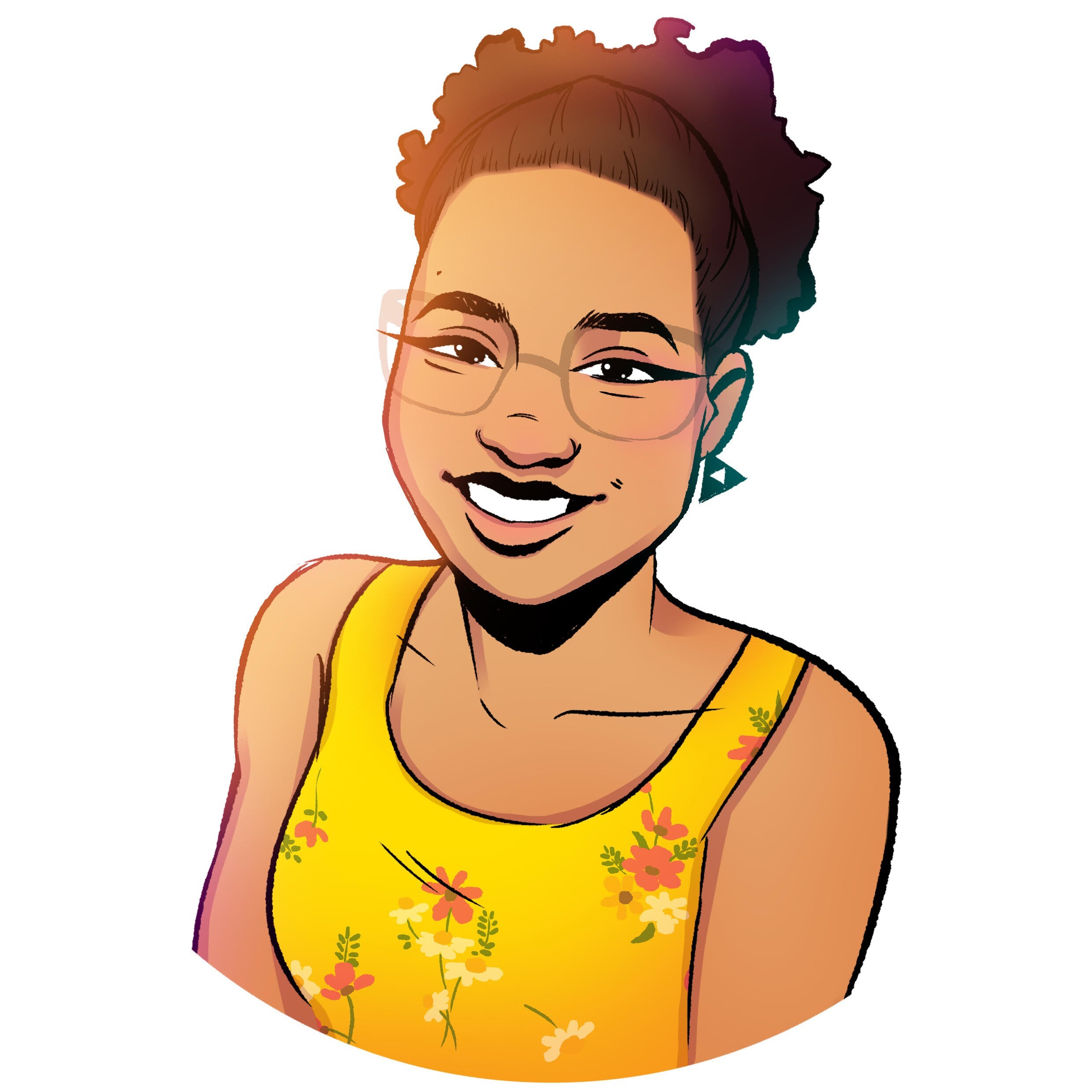
Nadine is a freelance writer for iMore with a specialty in all things Nintendo, often working on news, guides, reviews, and editorials. She's been a huge Nintendo fan ever since she got to pet her very own Nintendog, and enjoys looking at Nintendo's place in the video game industry. Writing is her passion, but she mostly does it so that she can pay off her ever-growing debt to Tom Nook. Her favorite genres are simulation games, rhythm games, visual novels, and platformers. You can find her at @stopthenadness on Twitter, where she'll more than likely be reposting cute Animal Crossing content.
